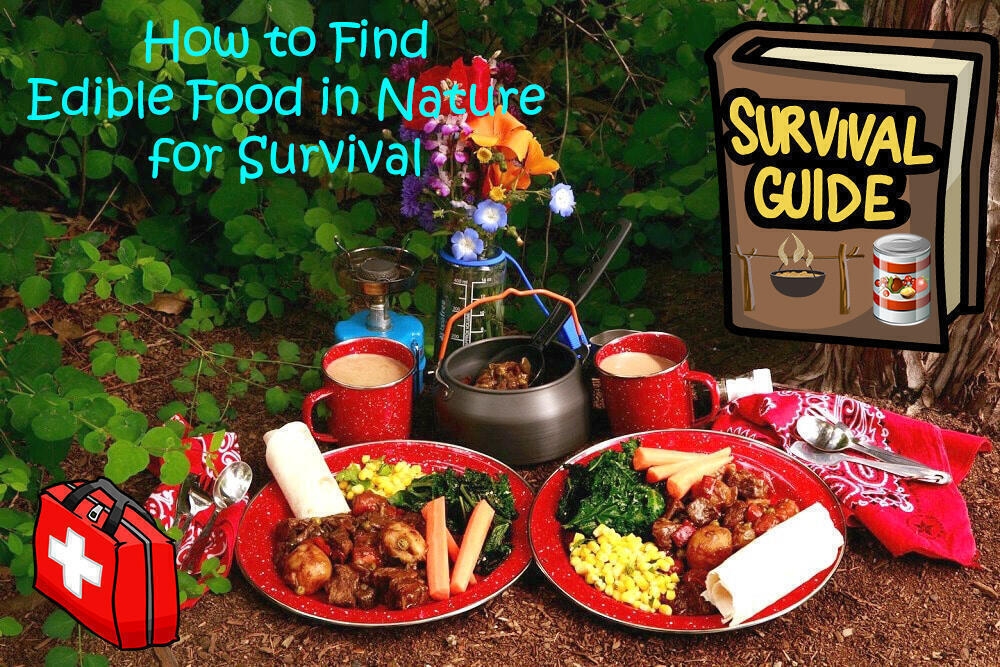The history of food is as old as human civilization itself, with various cultures developing unique cuisines and culinary traditions over millennia. Here's a brief overview of some key moments and developments in food history:
Hunter-Gatherer Era: For thousands of years, early humans survived by hunting animals and gathering edible plants. This period laid the foundation for basic cooking techniques such as roasting and boiling.
Agricultural Revolution (10,000 BCE): The transition from hunter-gatherer societies to settled agricultural communities marked a significant turning point in food history. The cultivation of crops such as wheat, rice, and barley led to the development of farming villages and the domestication of animals for food.
Ancient Civilizations: Civilizations such as Mesopotamia, Egypt, China, and the Indus Valley contributed to the advancement of agriculture, irrigation systems, and culinary practices. They developed cooking methods, fermentation techniques, and food preservation methods like drying and salting.
Classical Era (Greece and Rome): Greek and Roman civilizations greatly influenced Western culinary traditions. They introduced olive oil, wine, and various herbs and spices to cooking. The Greeks also established the concept of symposia, social gatherings where food, wine, and conversation were central.
Medieval Europe: The Middle Ages saw the rise of feudalism and the dominance of the Catholic Church in Europe. Monasteries played a crucial role in preserving and developing culinary techniques. The use of spices, herbs, and exotic ingredients became more widespread among the nobility.
Age of Exploration (15th–17th centuries): European exploration of the Americas, Asia, and Africa brought about the Columbian Exchange, which facilitated the global exchange of foods, plants, and animals. Potatoes, tomatoes, corn, and chili peppers were introduced to Europe, while coffee, tea, and spices became more accessible.
Industrial Revolution (18th–19th centuries): Technological advancements revolutionized food production, transportation, and preservation. Canned foods, refrigeration, and pasteurization transformed the way people consumed and accessed food. Mass production and urbanization also led to the rise of fast food and convenience foods.
20th Century: The 20th century saw further industrialization of food production, as well as the emergence of food science and technology. Fast food chains proliferated, and processed foods became ubiquitous in Western diets. However, there was also a growing interest in organic and sustainable food practices.
Contemporary Food Trends: In recent decades, there has been a resurgence of interest in traditional and regional cuisines, as well as a focus on health, sustainability, and ethical food production. Food globalization continues, with fusion cuisines and cross-cultural culinary influences becoming more prominent.
Throughout history, food has not only been essential for survival but also a reflection of cultural identity, social status, and economic conditions. The evolution of culinary traditions and food systems has been shaped by a complex interplay of factors, including geography, politics, religion, technology, and globalization.
The history of food is as old as human civilization itself, with various cultures developing unique cuisines and culinary traditions over millennia. Here's a brief overview of some key moments and developments in food history:
Hunter-Gatherer Era: For thousands of years, early humans survived by hunting animals and gathering edible plants. This period laid the foundation for basic cooking techniques such as roasting and boiling.
Agricultural Revolution (10,000 BCE): The transition from hunter-gatherer societies to settled agricultural communities marked a significant turning point in food history. The cultivation of crops such as wheat, rice, and barley led to the development of farming villages and the domestication of animals for food.
Ancient Civilizations: Civilizations such as Mesopotamia, Egypt, China, and the Indus Valley contributed to the advancement of agriculture, irrigation systems, and culinary practices. They developed cooking methods, fermentation techniques, and food preservation methods like drying and salting.
Classical Era (Greece and Rome): Greek and Roman civilizations greatly influenced Western culinary traditions. They introduced olive oil, wine, and various herbs and spices to cooking. The Greeks also established the concept of symposia, social gatherings where food, wine, and conversation were central.
Medieval Europe: The Middle Ages saw the rise of feudalism and the dominance of the Catholic Church in Europe. Monasteries played a crucial role in preserving and developing culinary techniques. The use of spices, herbs, and exotic ingredients became more widespread among the nobility.
Age of Exploration (15th–17th centuries): European exploration of the Americas, Asia, and Africa brought about the Columbian Exchange, which facilitated the global exchange of foods, plants, and animals. Potatoes, tomatoes, corn, and chili peppers were introduced to Europe, while coffee, tea, and spices became more accessible.
Industrial Revolution (18th–19th centuries): Technological advancements revolutionized food production, transportation, and preservation. Canned foods, refrigeration, and pasteurization transformed the way people consumed and accessed food. Mass production and urbanization also led to the rise of fast food and convenience foods.
20th Century: The 20th century saw further industrialization of food production, as well as the emergence of food science and technology. Fast food chains proliferated, and processed foods became ubiquitous in Western diets. However, there was also a growing interest in organic and sustainable food practices.
Contemporary Food Trends: In recent decades, there has been a resurgence of interest in traditional and regional cuisines, as well as a focus on health, sustainability, and ethical food production. Food globalization continues, with fusion cuisines and cross-cultural culinary influences becoming more prominent.
Throughout history, food has not only been essential for survival but also a reflection of cultural identity, social status, and economic conditions. The evolution of culinary traditions and food systems has been shaped by a complex interplay of factors, including geography, politics, religion, technology, and globalization.










